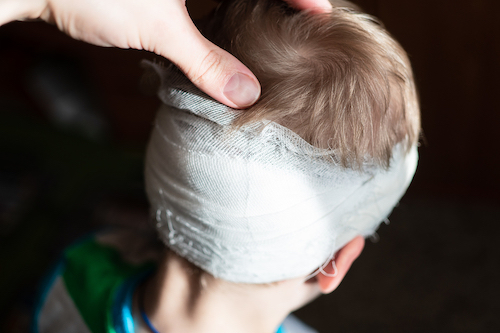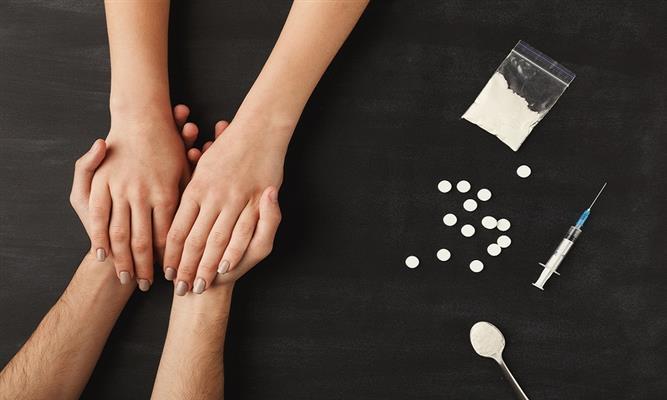January 26, 2022
by Elizabeth Pratt

For the first time since nation-wide data has been recorded, stigma towards those with depression has dropped significantly.
A study from Indiana University found that stigma associated with depression has dropped to a record low, but stigma surrounding other mental illnesses has either remained the same, or increased.
[More]
March 31, 2021
by Patricia Tomasi

A new study published in the Journal of looked at the relationship between mental illness and solita
[More]
April 30, 2020
by Elizabeth Pratt

Children of parents with mental illness are at greater risk of injury than their peers.
A study from Karolinska Institutet in Sweden found that the risk is elevated for children of parents with mental illness up until the age of 17.
[More]
May 28, 2019
by Elizabeth Pratt

Using a garden for therapy at a neuropsychiatric hospital has improved patient outcomes. Now researchers are hoping other hospitals will follow.
[More]
October 2, 2018
by Patricia Tomasi

A new study published in the Journal of Depression and Anxiety (the official journal of the Anxiety and Depression Association of America) has found stress and immune biomarkers that link children and their mothers who suffer from postpartum depression. The current study, titled, Maternal depression alters stress and immune biomarkers in mother and child, is part of a 15-year longitudinal study that followed children of depressed mothers from birth to age ten.
[More]
August 29, 2018
by Kimberly Lucey

International Overdose Awareness Day is coming this Friday, and with a recent wave of high profile drug use, experts are looking at the link between substance addiction and mental illness.
[More]
There have been a significant number of semi colon tattoos showing up in the news in July. This trend has been worldwide and was started by Project Semicolon, an organization that focuses on concerns of mental illness such as: suicide, depression, addiction,and self-injury.Because an author inserts a semicolon at a point where a sentence could be ended, but is not ended. The reminder is that you are the author of your own life and can choose to continue, rather than end it.
[More]
It all began in 2009 -2010 when four students and a recent graduate from Henry M. Gunn High School in Palo Alto, California killed themselves over a seven-month period. In just five years, the tragedy ensued and was followed by another four suicide victims this year. When a recent graduate from Gunn High killed himself on the tracks near East Meadow Drive in Palo Alto, another student ended his life the same way in less than three weeks after. Two and half months later, a senior killed himself followed by another suicide committed by a sophomore from Palo Alto High School (Kapp, 2015).
[More]
Violence is a main cause of stigma toward people with mental illness, but lack of knowledge and education are also part of the problem. People with mental illness are no more likely to commit violent acts than anyone else, but when mental illness is present with substance abuse and a history of violence, that risk does increase. As a society, we must better understand and effectively address all causes of violence.
[More]
As our understanding of the biological and genetic factors that contribute to the development of these disorders, it becomes easier to see these behavioral health disorders as real diseases—like diabetes or heart disease, which can also run in families. But, how might our relatively recent increased understanding of genetics and biology impact how people with mental illness are perceived and treated in our society? Will this understanding help to decrease stigma, or will it further fuel stigma for people living with behavioral health disorders?
[More]